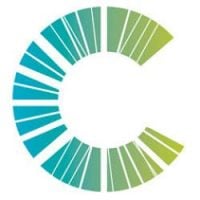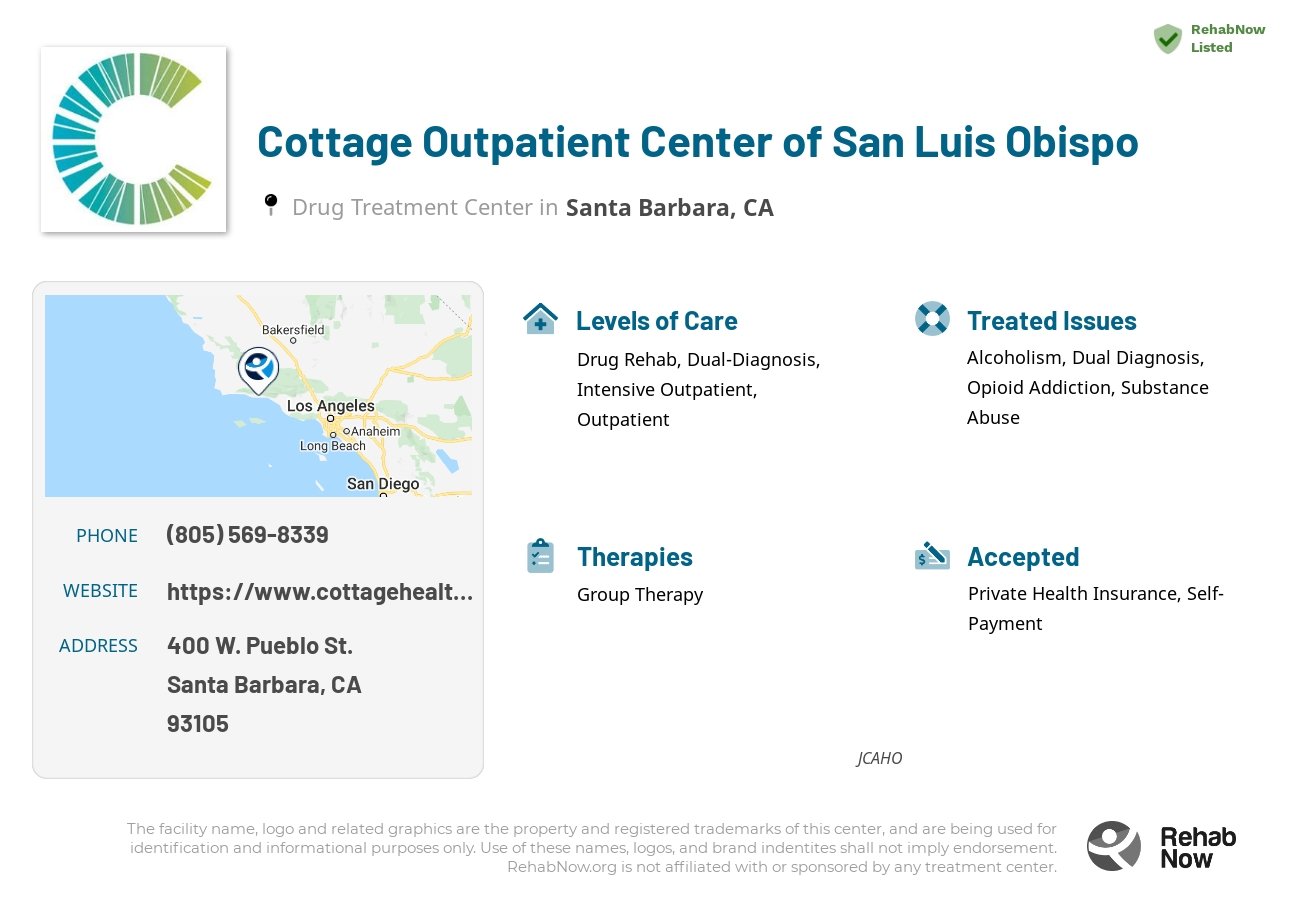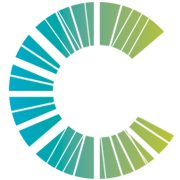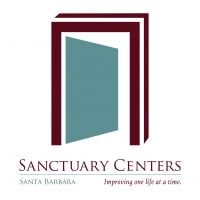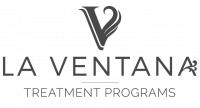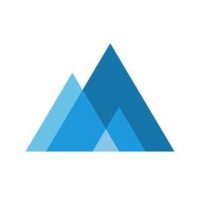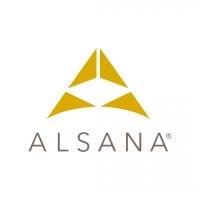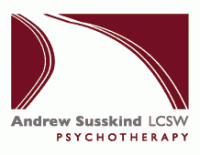Cottage Outpatient Center of San Luis Obispo
Drug Rehab Center in Santa Barbara, California
The Cottage Outpatient Center of San Luis Obispo is a state-of-the-art addiction treatment facility providing individualized care customized to each patient's needs, including dual-diagnosis treatment, intensive outpatient programs, and aftercare support services that begin with medically supervised detoxification and progress to counseling and therapy sessions to help patients learn healthier coping mechanisms and manage cravings.
About Cottage Outpatient Center of San Luis Obispo in California
Cottage Outpatient Center of San Luis Obispo, located in the scenic area of San Luis Obispo, California, specializes in mental health and addiction treatment for adults. With a comprehensive approach that includes intensive and standard outpatient programs, the center is noted for its specialized services catering to young adults, LGBTQ+ persons, and individuals with co-occurring addiction and mental health issues. Unique treatment modalities like 12 step focused addiction counseling set it apart.
- Specialized Services for Diverse Groups: The center offers tailored programs for young adults, LGBTQ+ persons, and those dealing with both addiction and mental illness.
- Comprehensive Outpatient Programs: Both intensive and standard outpatient programs are designed to support clients through every stage of recovery.
- Virtual Counseling and Telehealth Services: Ensuring accessible and flexible care options for clients who cannot attend in-person.
Accredited by the Joint Commission, Cottage Outpatient Center demonstrates a commitment to maintaining the highest standards of care. Accepting private insurance and self-pay options, they strive to make their essential services as accessible as possible to those in need.
The center addresses a variety of addictions and issues, including alcoholism, opioid addiction, substance abuse, and dual diagnosis conditions. With an emphasis on evidence-based treatment methods such as Cognitive Behavioral Therapy (CBT) and Dialectical Behavior Therapy (DBT), the outpatient programs are meticulously designed to foster long-term recovery and resilience.
Genders
Ages
Modality
Additional
Accreditations

JCAHO
Conditions and Issues Treated
Substance abuse is defined by the continued use of drugs or alcohol despite negative consequences, such as legal or work problems. It can be treated using a variety of services, including therapy and medication.
Substance abuse treatment is beneficial for:
- People who have been using drugs or alcohol for a long time.
- People who have been using drugs or alcohol to cope with stress, anxiety, or depression.
- People who have a mental health disorder in conjunction with substance abuse.
- People who continue to use drugs or alcohol despite the harmful effects they cause on their own life and the lives of others.
- People who have had multiple failed attempts at recovery without medical assistance.
If you believe that addiction treatment is right for you or a loved one, you can contact your primary care physician, or search for addiction treatment centers in your area. Treatment is beneficial to people who are motivated towards recovery, and who understand the benefits of professional care.
Opioid addiction is a common form of addiction, often caused by prescription drugs that are abused. Addiction is treated by detoxifying the body and following up with therapies to correct behavior and target the root of the problem.
Most opioid addiction begins with patients being prescribed painkillers after an injury or surgery. The body becomes used to the chemicals in these medications and soon no longer responds to their presence. As a result, addicts seek out stronger opiate-based medications like Oxycodone to compensate for the lack of effectiveness.
The most dangerous aspect is that these addictive behaviors often get carried over onto illicit drugs like heroin, which are increasingly potent and result in lower life expectancies.
Dual Diagnosis treatment centers like Cottage Outpatient Center of San Luis Obispo provide this treatment tailored to the patient’s specific needs, and they also have a specialized focus on addiction treatment. Drug and alcohol addiction often coexists with another mental illness, such as depression or schizophrenia. In other words, drug addiction is only a symptom of a deeper problem.
When addiction enters into the picture, it can often lead to dangerous consequences in the addict’s life. For example, when addiction is paired with major depression, it can lead to suicidal thoughts or actions. When someone is addicted to drugs or alcohol, they often experience a failure to control their impulses and difficulty decision-making.
Dual diagnosis for drug addicts can be very effective when treating drug addiction in Santa Barbara, CA.
Levels of Care Offered
This center offers a variety of custom treatment tailored to individual recovery. Currently available are Aftercare Support, Drug Rehab, Dual-Diagnosis, Intensive Outpatient, Outpatient, with additional therapies available as listed below.
Intensive Outpatient Programs (IOPs) are a form of drug treatment that allows individuals to receive the therapy they need while remaining in their homes and community. IOPs allow for the flexibility to continue working and living at home while still meeting treatment demands.
Outpatient treatment programs are less intensive than an inpatient program. Participants live at home while working or going to school. Benefits include being able to continue relationships with family, friends, and work/studies. Treatment includes educating patient on addiction to drugs, medication, and counseling. Benefits include being able to continue relationships with family, friends, and work/studies. Treatment includes educating patient on addiction to drugs, medication, and counseling. Counseling sessions are for either individual or group.
Aftercare Support in drug rehab is crucial because it helps people stay sober after treatment. The benefits of Aftercare Support are that it provides a pathway that will help people get sober for life. It supports healing at all levels, physical, mental, emotional, and spiritual.
Therapies & Programs
Individualized Treatment is essential because it gives addicts the ability to participate in a program that meets their unique needs. An addict should work with professionals who understand what they’re going through, especially if the addict is actively using.
Trying to find a treatment program that meets your needs can be challenging. It’s even more complicated if you don’t know what kind of treatment you need. Being able to have professionals who are experienced with treating your situation is key to getting sober. Finding the right treatment program for an addict is difficult, but it’s even harder without communicating with those who have experience treating your specific situation.
Family dysfunction can often be the underlying cause of substance abuse. To get sober, you need to find a different way to cope with the pain in your life. Family therapy can help you and your family deal with old issues that may trigger substance abuse. It will help everyone understand why each member of the family feels and acts the way they do. It can give everyone new tools to manage their emotions so that they don’t want to drink or do drugs.
A person looking for drug recovery should know that group therapy is an essential tool. Group therapy provides accountability and friendship to people with addiction. It is recommended as a lifetime treatment habit. Group therapy occurs in a group setting as opposed to a one-on-one setting. It benefits patients by providing a feeling of support and letting them know they are not alone. Patients at Cottage Outpatient Center of San Luis Obispo also learn to build trust and understanding and gain perspective through discussions.
Dialectical behavior therapy is a type of cognitive-behavioral therapy that focuses on eliminating specific negative thoughts that can potentially lead to an individual inflicting self-harm. It helps treat patients exhibiting uncontrollable emotions, intense mood swings, and borderline personality disorders.
The term “dialectic” means the integration of opposites. In the substance abuse context, dialectical behavior therapy refers to accepting the patient’s addiction and changing their thoughts and behavior. It improves life skills such as controlling intense emotions without reacting impulsively, resolving interpersonal conflicts effectively, and promoting awareness about self and others.
Cognitive behavioral therapy (CBT) is a type of psychotherapeutic treatment that is focused on changing negative ways of thinking that contribute to addictive behavior.
Cognitive behavioral therapy is beneficial for:
- People who are seeking to overcome addictive behavior
- Those who struggle with addictive behavior and mental illness
- People who have a genetic history of addiction in their family
- Those who don’t want to depend on medications
- Those who need a more practical treatment approach
The 12-step program is one of the most common forms of addiction treatment today. It consists of attending meetings and working with a sponsor to follow the 12 steps outlined by Alcoholics Anonymous. This method is not for addicts who are unwilling to or have no desire to quit using and so is best utilized when paired with other treatment methods.
Patient Experience
Experiential Therapy at Cottage Outpatient Center of San Luis Obispo
Experiential therapy is a type of therapy that has been found to be effective in the treatment of substance abuse. It is a “hands-on” approach, which can involve anything from acting to rock climbing. The individual must trust the therapist for this therapy to work. This therapy helps individuals revisit and heal from past traumas and has been used in various behavioral and eating disorders.
Fitness Therapy
Exercise releases feel-good chemicals and can improve self-esteem. Physical fitness can also help increase abstinence rates, ease withdrawal symptoms, and improve depressive symptoms. Fitness therapy is part of the holistic approach and comprehensive care provided in substance abuse treatment. It does not involve the vigorous exercise regimes used in fitness programs.
A fitness therapy program at Cottage Outpatient Center of San Luis Obispo achieves improved attention, cognitive functions, and memory power. Additionally, endorphins released during exercise reduces anxiety and stress levels and enhance calmness. Fitness therapy complements other therapies used in a residential or outpatient treatment program.
Payment Options Accepted
For specific insurance or payment methods please contact us.
Is your insurance accepted?
Ask an expert, call (888) 674-0062
Additional Details
Specifics, location, and helpful extra information.
Santa Barbara, California 93105 Phone Number(805) 569-8339 Meta DetailsUpdated April 15, 2024
Staff Verified
Cottage Outpatient Center of San Luis Obispo Patient Reviews
There are no reviews yet. Be the first one to write one.
Santa Barbara, California Addiction Information
More than 3 million of California's citizens are addicted to illegal drugs. Almost 800,000 people use hard drugs, almost 5 million use marijuana, and another 2.1 million abuse alcohol every year. Other substance abuse issues such as binge drinking and teen drug use are also common. Many illegal drugs such as cocaine, heroin, methamphetamine, and marijuana are smuggled into the state from Mexico.
Methamphetamine is the most commonly abused drug in Santa Barbara County, followed by heroin and prescription drugs. Santa Barbara has the highest rate of drug overdose deaths in California. Over 18% of the population reported alcohol abuse in the past year. The proximity of Santa Barbara to Mexico and the availability of drugs in the city contribute to the problem.
Treatment in Nearby Cities
- Concord, CA (277.1 mi.)
- Santa Cruz, CA (218.5 mi.)
- Capistrano Beach, CA (135.7 mi.)
- Ontario, CA (121.2 mi.)
- Loomis, CA (314.5 mi.)
Centers near Cottage Outpatient Center of San Luis Obispo
The facility name, logo and brand are the property and registered trademarks of Cottage Outpatient Center of San Luis Obispo, and are being used for identification and informational purposes only. Use of these names, logos and brands shall not imply endorsement. RehabNow.org is not affiliated with or sponsored by Cottage Outpatient Center of San Luis Obispo.
